The tech world’s gaze is set on Taipei, where Computex 2025—Asia’s premier technology exhibition—will unfold from May 20 to 23, bringing together over 1,400 exhibitors and senior executives from the semiconductor and consumer electronics industries. This year, the event is poised to center around two pivotal themes: breakthroughs in artificial intelligence and the escalating trade friction driven by U.S. tariff policy.
Key players including Nvidia $NVDA CEO Jensen Huang, Qualcomm $QCOM CEO Cristiano Amon, and Foxconn $2317.TW Chairman Young Liu are scheduled to headline the gathering. With AI innovation accelerating and global supply chains facing fresh scrutiny, Computex 2025 serves as both a celebration of cutting-edge technology and a forum for navigating macroeconomic headwinds.
Industry Titans and Disruptive Forces Converge
As semiconductor dominance becomes a proxy for geopolitical leverage, Computex 2025 arrives at a critical juncture. Washington’s renewed tariff threats, combined with intensifying competition in AI development, are reshaping production strategies and international partnerships across the global tech sector.
Jensen Huang, whose cult-like status among AI enthusiasts has made him a symbolic figure of this innovation wave, is expected to unveil updates related to Nvidia’s AI accelerators, potentially including next-generation GPU architectures and software optimization tools. Nvidia’s dominance in AI compute makes its announcements central to industry roadmaps, especially in light of rising capital investment in hyperscale data centers and edge AI applications.
Meanwhile, Qualcomm is likely to highlight advancements in on-device AI and connectivity solutions, aiming to secure its role in AI-powered consumer electronics and automotive systems. Foxconn’s presence, especially given its extensive manufacturing footprint, takes on added importance as companies reevaluate global production models in response to potential tariffs and reshoring incentives.
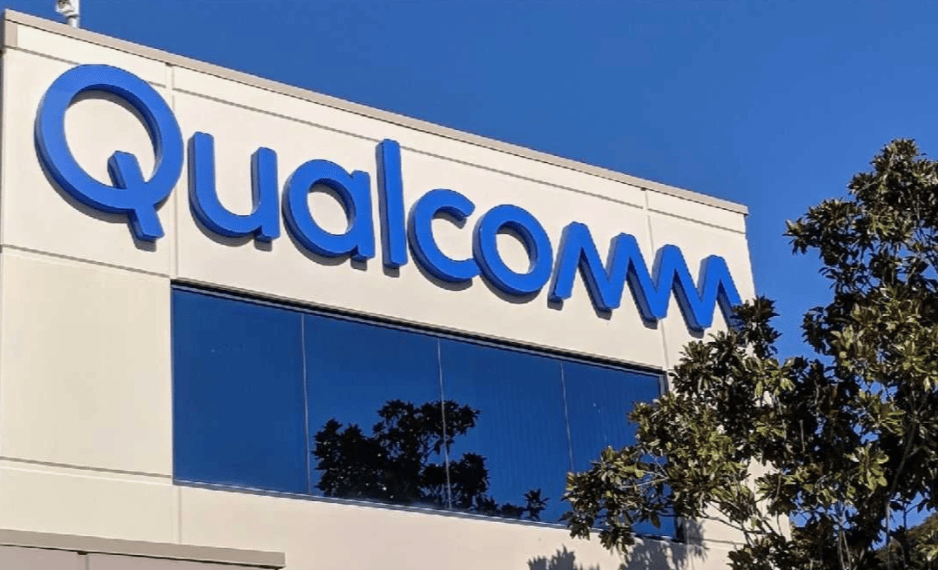
Primary Forces Driving Attention at Computex 2025
AI Hardware Race Intensifies: Nvidia's leadership continues to set benchmarks for training and inference performance.
U.S.-China Trade Strains: Ongoing policy uncertainty is compelling firms to localize supply chains.
Taiwan’s Strategic Position: As the epicenter of global chip production, Taiwan’s role is under sharper geopolitical focus.
Executive-Level Engagement: Rare public appearances by top CEOs add weight to product reveals and policy discussions.
Supply Chain Resilience: Firms are likely to showcase strategies for diversification and agility in a volatile environment.
Innovation and Risk: Navigating a Complex Tech Ecosystem
The juxtaposition of product innovation with trade anxieties underscores the delicate balance facing the global semiconductor industry. While companies race to integrate AI into every layer of computing—from data centers to mobile devices—their supply chains remain vulnerable to geopolitical crosswinds.
Executives at Computex are expected not only to unveil technical blueprints but also to comment—directly or through messaging—on how their firms are adapting to tariff threats issued by former U.S. President Donald Trump. His recent proposal for reciprocal duties on non-U.S.-made goods has reignited concerns over the feasibility of offshore manufacturing models and pushed companies to explore domestic expansion or alternative hubs like Southeast Asia and India.
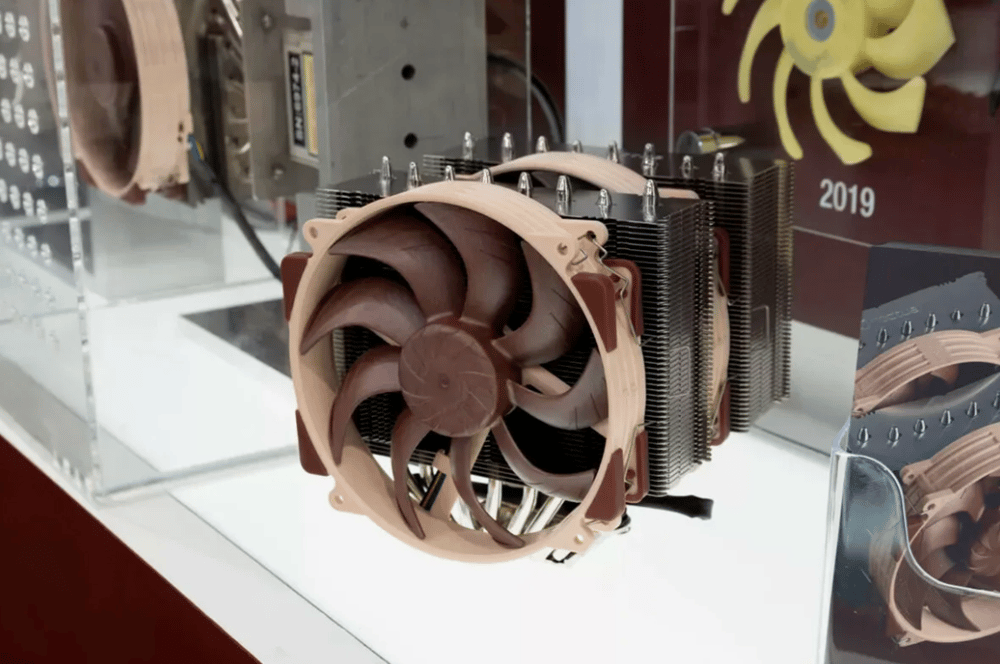
Key Themes Likely to Dominate Conversations
GPU and AI Chip Evolution Continued focus on scaling compute capabilities to meet surging AI model demands.
Tariff Mitigation Strategies Increased transparency around diversification plans and North American manufacturing pivots.
Executive Messaging on Innovation vs. Regulation Leaders may outline how innovation remains possible amid rising regulatory scrutiny.
AI Deployment Across Devices Qualcomm and others are pushing AI beyond the cloud into mobile and embedded systems.
Semiconductor Ecosystem Cooperation Expect announcements on partnerships, standardizations, or joint ventures across borders.
Setting the Stage for the Next Phase of Tech Leadership
Computex 2025 will likely be remembered as more than a showcase of silicon prowess—it will serve as a barometer of how the tech industry plans to weather the storm of policy-driven instability without losing momentum in AI and advanced computing. As global executives walk a tightrope between technological optimism and economic caution, the statements and launches made in Taipei could have far-reaching implications for markets, manufacturing, and AI deployment strategies in the months ahead.


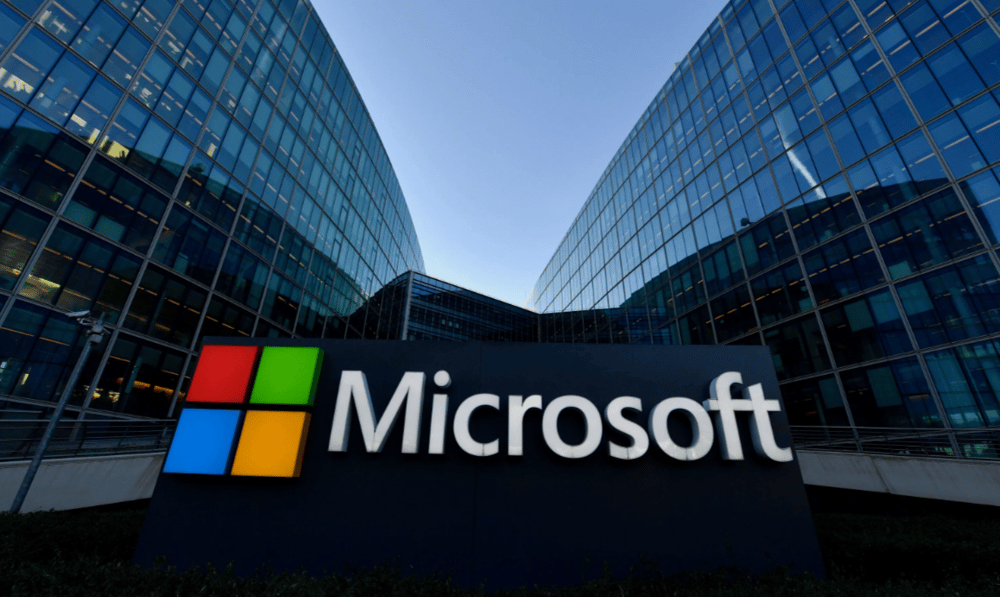
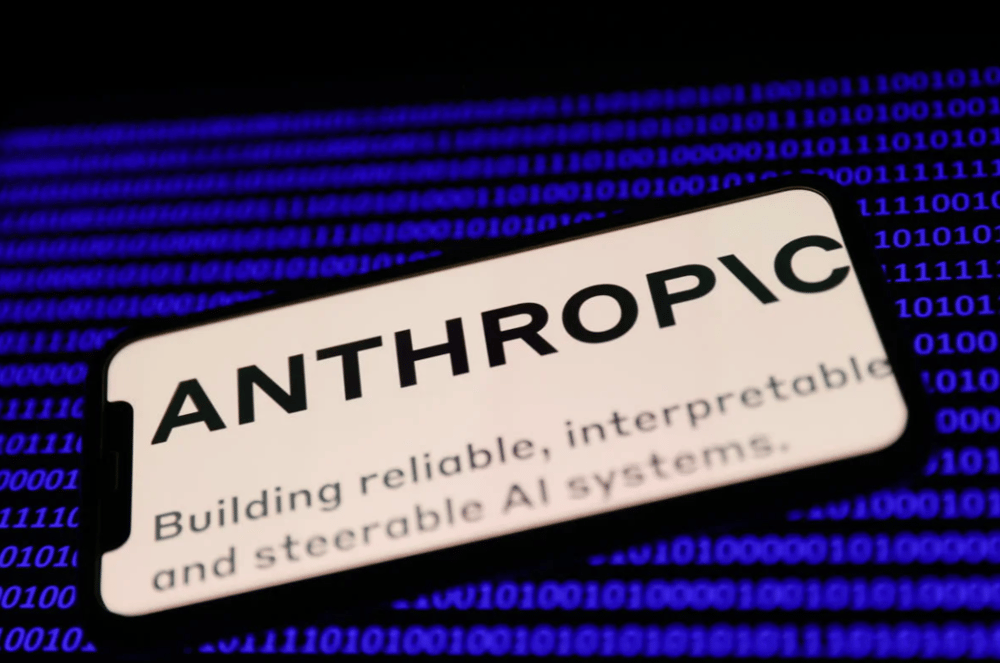
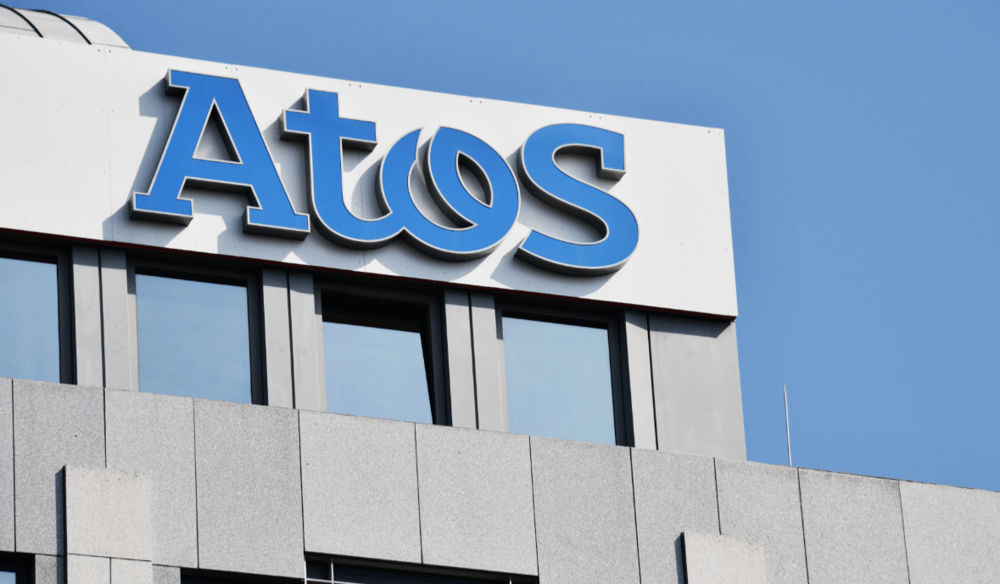
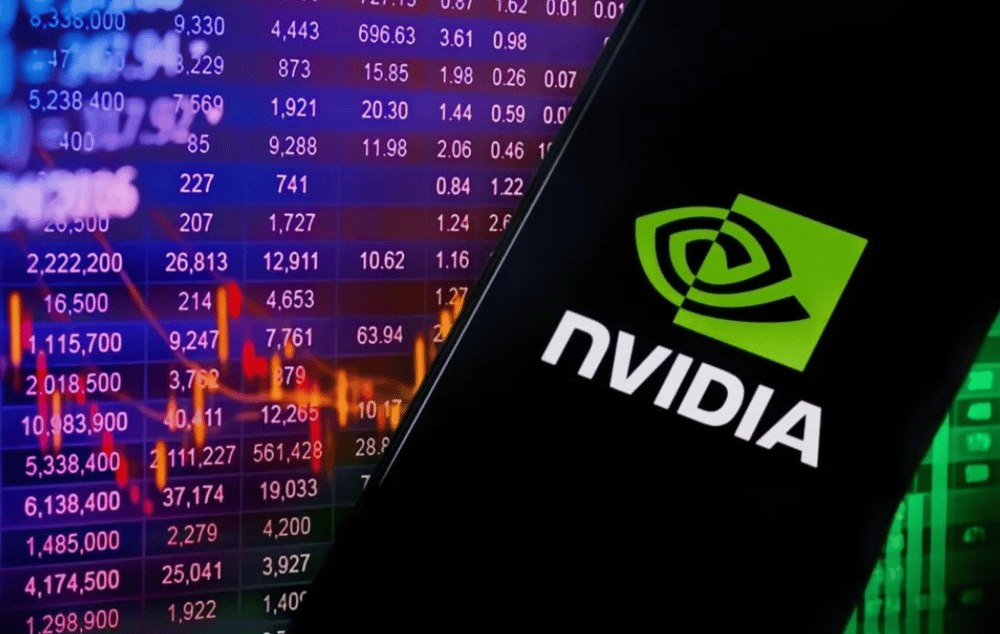


Such a strategic move could transform how we view automation in an ever-changing tech world.